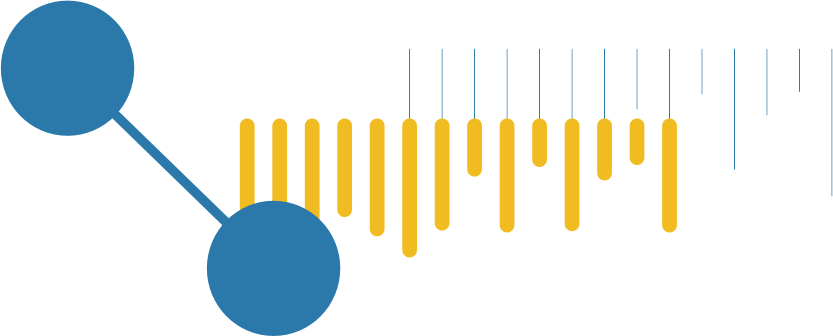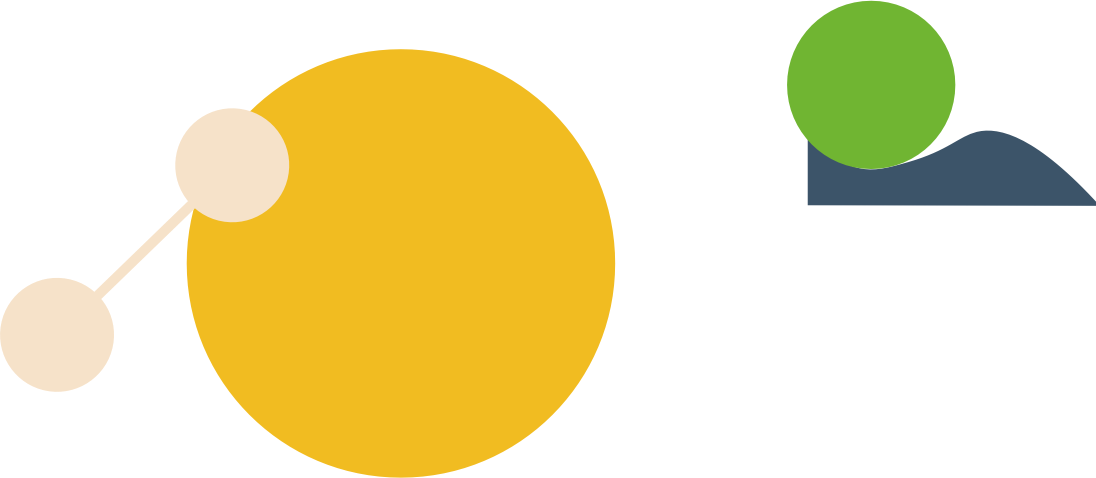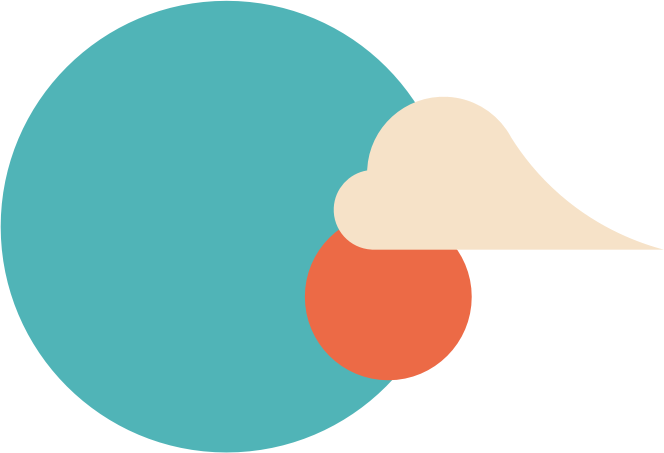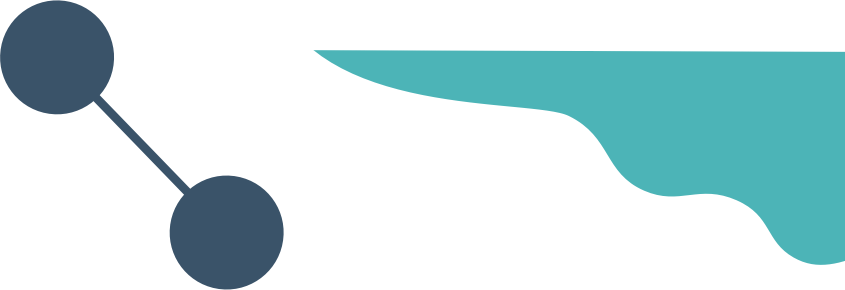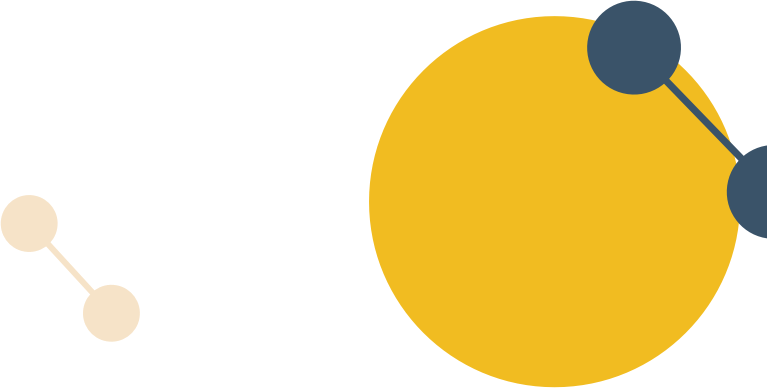BACK TO TOP

Innovations to feed and nourish the world
Fifty years ago, CGIAR grew out of international efforts to feed a growing world population.
The idea was planted by Dr. Norman E. Borlaug, a revolutionary wheat breeder whose innovations increased crop productivity worldwide, ending hunger and poverty for hundreds of millions of people. His work led to the creation and funding of CGIAR, and earned him a Nobel Peace Prize – the only one ever awarded for agriculture.
In Dr. Borlaug’s honor, the World Food Prize was established to recognize the contribution of agricultural scientists to global food and nutrition security. Over decades, CGIAR scientists have been included among the honored laureates for their innovations to sustainably transform the world’s food systems.
CGIAR at the World Food Prize

CGIAR research in recent decades has guided a renewed focus on the potential for fisheries, when governed in a collaborative way, to improve nutrition, and provide sustainable livelihoods for women and men living along coasts, rivers, lakes, and constructed water bodies. Nutritional quality of fish production, as well as total volumes, have both increased significantly as a result of these innovations, bringing particular benefits for women’s and children’s health.





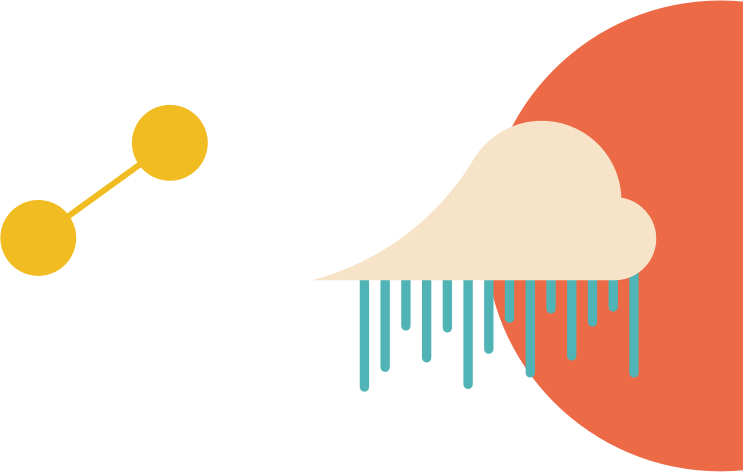

More than 140 million preschool-aged children globally suffer from vitamin A deficiency, primarily in Africa and Asia. The condition weakens the immune system, and is a leading cause of preventable blindness in children, robbing approximately 500,000 children of their sight each year. Biofortified orange-fleshed sweetpotato, as developed by CGIAR researchers at the International Potato Center (CIP), has proven to be a highly effective tool for tackling vitamin A deficiency in children and women of reproductive age. Research has demonstrated that just 125 grams of most varieties of this sweetpotato can meet the daily vitamin A requirements of a preschool-aged child.



Almost half of all wheat lands worldwide are planted with CGIAR-related varieties. In the past 50 years, these disease-resistant, high-yielding varieties held in public trust for the global community have improved the food and nutrition security of hundreds of millions of people. They have also helped to lower the price of food grains for poor consumers, and continue to provide multiple nutritional, health, and economic benefits. Ongoing research aims to enhance the sustainability of wheat production through improved climate resilience, nutritional value, and equitable sharing of benefits.






Highlights from history, 1987-2013

